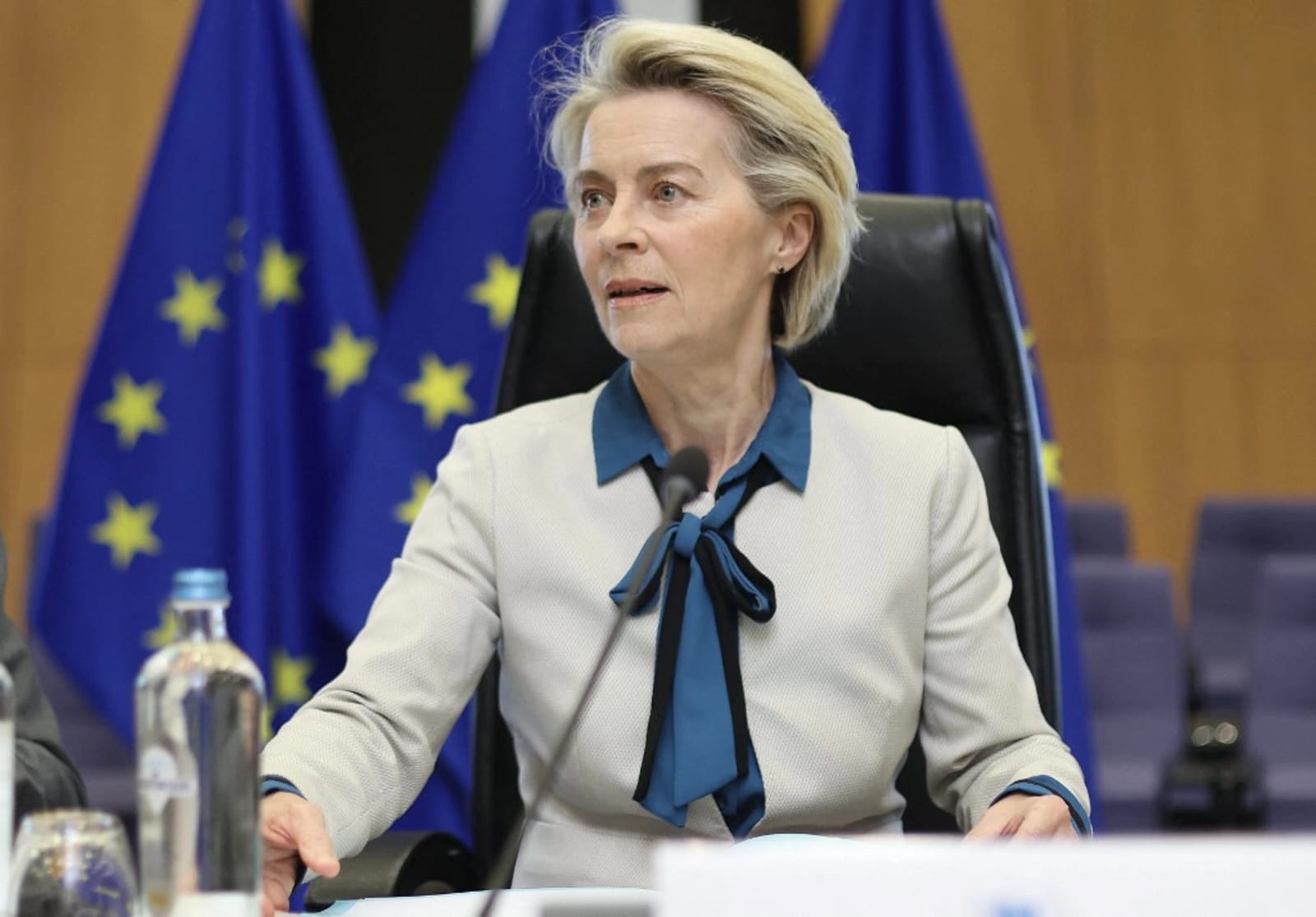The European Council has formally agreed to phase out Russian gas imports, culminating in a full ban by January 1, 2028. This decisive move under the REPowerEU plan aims to strengthen energy independence, curb Kremlin revenues, and reshape Europe’s energy landscape amid ongoing geopolitical tensions and supply disruptions
Europe Finalizes Timeline to End Russian Gas Dependency
In a historic energy policy shift, the European Council has endorsed a legally binding roadmap to gradually eliminate Russian natural gas imports, with a complete ban set for January 1, 2028. The regulation is a central pillar of the EU’s REPowerEU strategy, designed to bolster energy resilience and reduce reliance on hostile suppliers.
Here are the key highlights from the announcement:
- Phased Prohibition
The regulation introduces a stepwise ban on both pipeline gas and liquefied natural gas (LNG) from Russia, ensuring a structured transition for member states.
- REPowerEU Framework
The move aligns with the EU’s broader REPowerEU initiative, launched in response to Russia’s weaponization of energy supplies and repeated disruptions that destabilized European markets.
- Security of Supply
The Council emphasized that the phaseout will be managed to preserve energy security, with alternative sources and infrastructure investments already underway.
- Political Consensus
Nearly all EU member states backed the proposal, signaling strong political will despite resistance from Hungary and Slovakia, which maintain closer energy ties with Moscow.
- Economic Impact
The ban aims to deprive Russia of critical revenue streams used to fund its war in Ukraine, while accelerating Europe’s shift toward renewables and diversified imports.
- Legislative Milestone
The Council’s agreement marks a major step toward final adoption, with negotiations now moving to the European Parliament and national governments for ratification.
- Long-Term Vision
EU leaders view the ban as essential to achieving a resilient, independent energy market. The transition is expected to reshape Europe’s energy mix and infrastructure over the next three years.
This landmark decision underscores Europe’s commitment to energy sovereignty and geopolitical stability. As the continent prepares for a post-Russian gas future, the focus now shifts to implementation, innovation, and solidarity among member states.
Sources: European Council, Reuters, US News

